Building a sustainable women sales network - A fireside chat with FanMilk Nigeria
For several decades, pioneer companies, entrepreneurs and non-profit organizations have attempted to build women networks selling “beneficial” products in their communities, with some level of success. However, the execution of women sales networks has also proven extremely challenging, at every stage of their development: design, launch, and scale.
In 2018, the Bill & Melinda Gates Foundation partnered with Danone and its subsidiary FanMilk to improve the nutritional status of lower-income consumers by creating a new business model that would be sustainable for the company. Together, they decided to develop a new fortified frozen yogurt product for lower-income women of reproductive age in Nigeria. This involved co-creating and testing innovations to prompt first trial and encourage frequent consumption of the new nutritious product among the target population. This continuous innovation process spanned product characteristics, demand creation tactics, and distribution channels.
The FanMilk Nigeria teams, supported by a team of global experts hired by BMGF, designed, and launched a specialized women sales network, complementary to the existing street vendors, aiming to leverage trust-based relationships and proximity to drive loyalty and frequency among lower-income women.
This paper – supported by the Bill & Melinda Gates Foundation – builds on a compilation of insights from interviews conducted by Hystra with the FanMilk team in 2020 and 2021. It also builds on inputs from Mathematica, who led the Measurement, Learning, and Evaluation of the initiative. It aims to share some humble lessons from one initiative, which experienced these challenges and developed and tested some solutions.

